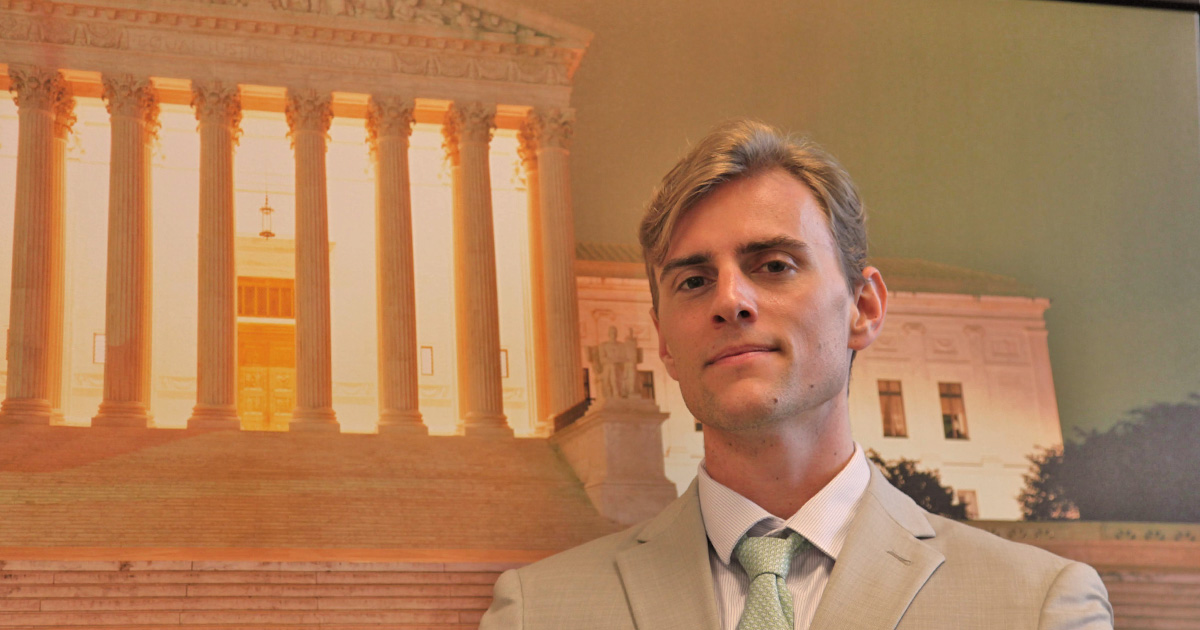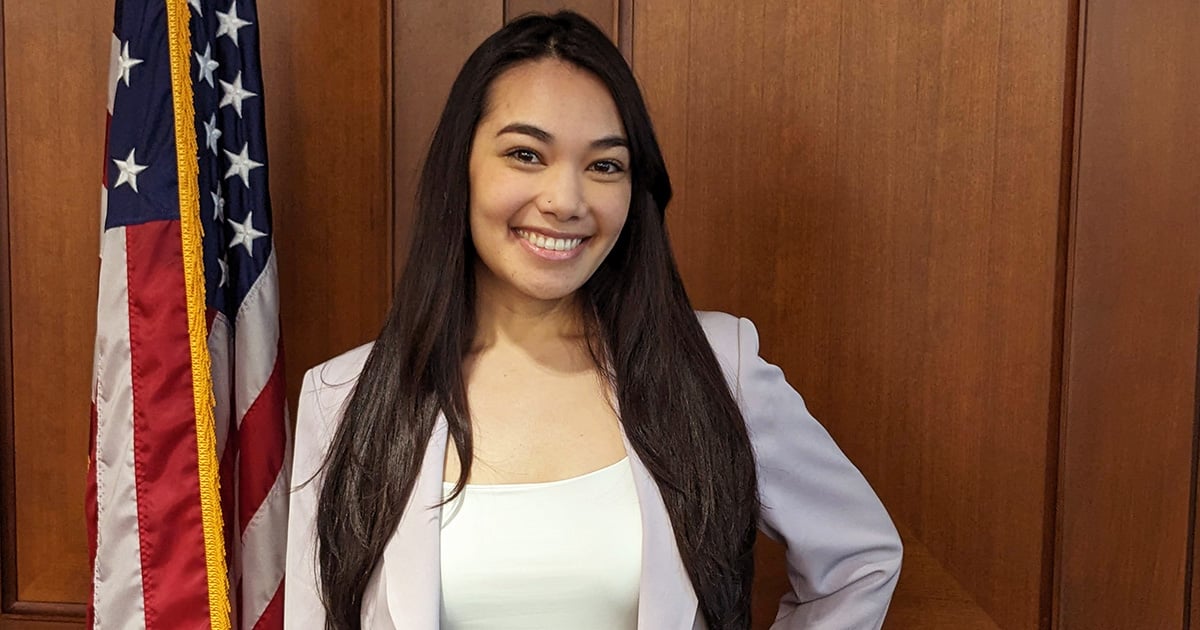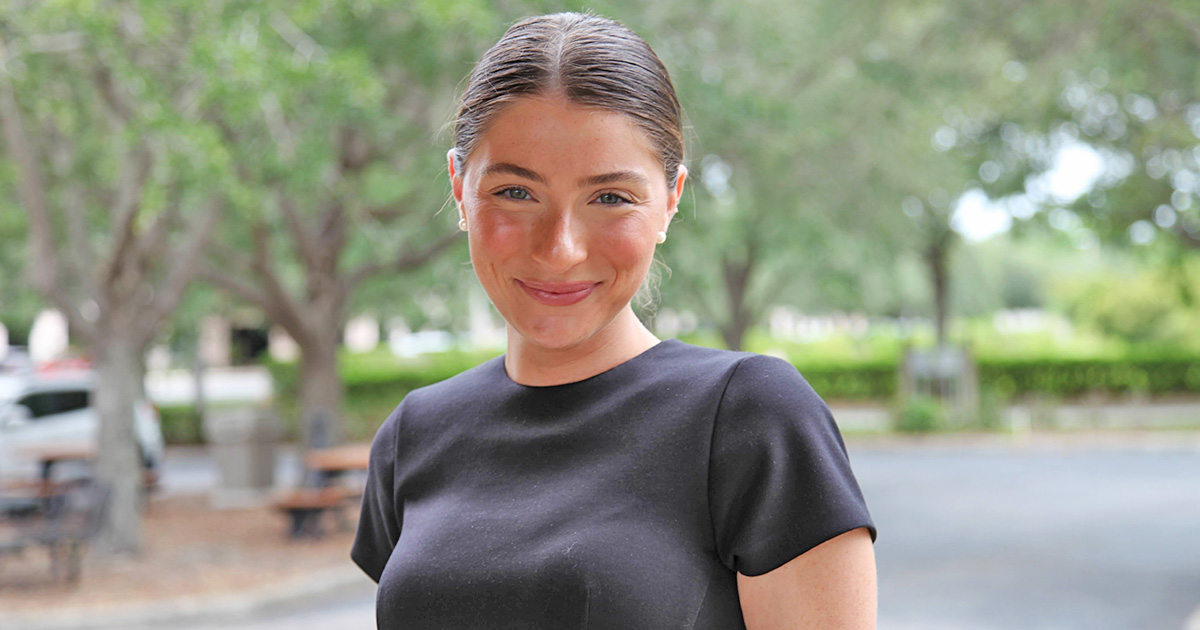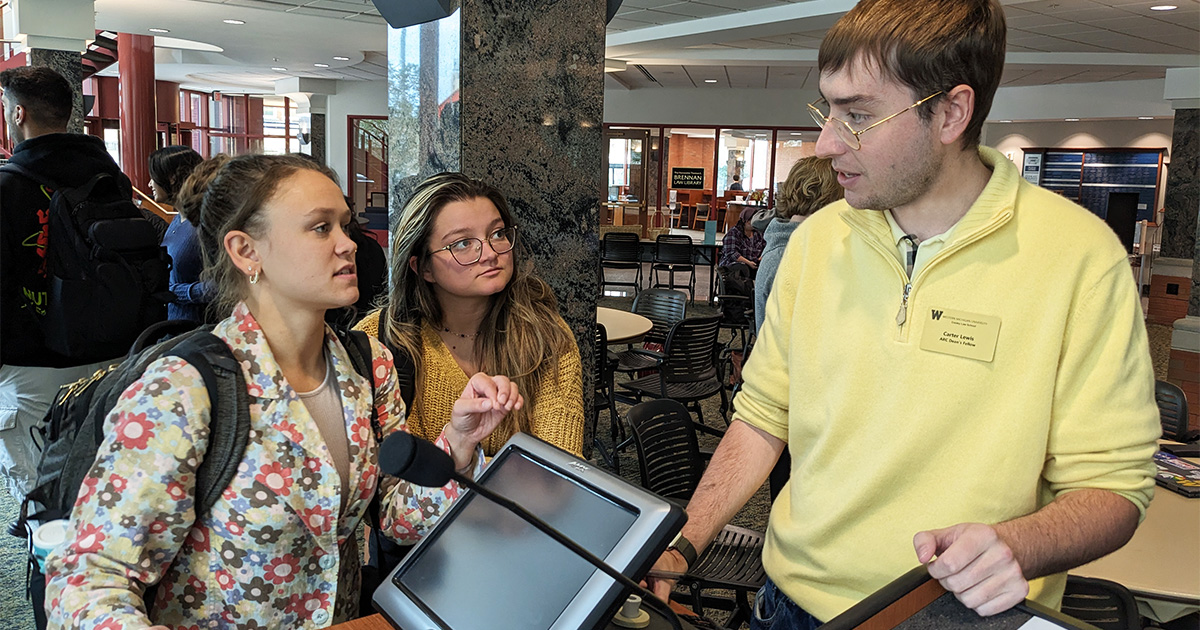
Carter Lewis loved math and science growing up, so despite his father, John Lewis, being a lawyer, and his two siblings, Marco, and Camille, in law school, he decided he wanted to go in a different direction.
“I originally didn’t want to be a lawyer, mostly because I didn’t want to just follow in my father’s footsteps; and it felt like law school was out of my ballpark. I reasoned that an engineering degree was more up my alley and reflected my talents and strengths,” said Lewis.
But after college, Lewis ended up working in a law firm for two years, and that, along with some inspiration from his siblings, got him to shift his thinking and opportunities.
“My brother and sister kept telling me how fun and mentally invigorating it was going to law school. Well, it got to me. I started thinking maybe law school really was my calling. Then my competitive nature kicked in and I wondered if I could do law school better than them," smirked Lewis.
Lewis’s father, who enjoyed a 30-year legal career as a no-fault attorney in West Michigan, happens to also be a Cooley Law School graduate.
CHIP OFF THE OLD BLOCK
“My dad had nothing but good things to say about his time at Cooley,” shared Lewis. “He told me that it was a lot of hard work and a ton of reading, but it was a wonderful experience and a formative time in his life. He met great people and learned so much. From my perspective, my dad has been right on all counts.”
Lewis also agreed with his dad that Cooley professors are more than just lecturers; they are mentors.
“The professors are fantastic, and they make you feel like you are part of the Cooley community," said Lewis. "You can bump into them anywhere and they ask you about what’s going on in your life. They teach you so much more than what’s on the bar exam. Plus, they all have real life experience. That’s something you don’t get at other law schools.”
For Lewis, the math was all starting to add up. “I think there’s many skills that transfer over into the law when you have an education in formal logic. Of course, a legal education requires you to be thorough and detail oriented, but I noticed that my college background also informed what I am doing in law school."
Utilizing his existing knowledge and skills only plays a part though in what type of legal career Lewis wants to pursue.
“I definitely want to do legal-aid type work, like public defense or personal injury,” stated Lewis adamantly. “I like the idea of working with clients, not just sitting behind a computer representing large corporate bodies or the government. I want to counsel people who need help the most — someone who may not have access to the courts or doesn’t know their way around the justice system.”
DIVERSE PERSPECTIVES ACHIEVE BEST SOLUTIONS
As a Dean’s Fellow, helping others has proven to be a calling.
“It’s almost like you are already a lawyer or a counselor,” beemed Lewis. “I find myself breaking things down and explaining things to people. I may explain things in a different way than a professor might; in a way only a student would understand. It's when that lightbulb goes off on their face, and you know you hit the mark, that's the best feeling in the world.”
For mathematicians like Lewis, understanding Contracts and Damages is simply logical. But to some of his classmates, understanding numbers is confusing.
“A couple of weeks ago I had a large group, about 10 students, in my office for a Contracts exam study session. It was crowded and tense. We were going through Damages. As cliché as it sounds, lawyers in general hate math, so I methodically went through the material with them. Slowly, I started seeing the eyes open and the smiles coming to their faces. It was so satisfying for me to see each of them work their way through the roadblocks and come out the other side.”
Lewis understands that helping others also helps himself. Getting to bounce ideas off diverse individuals with unique perspectives allows everyone to come up with a best solution.
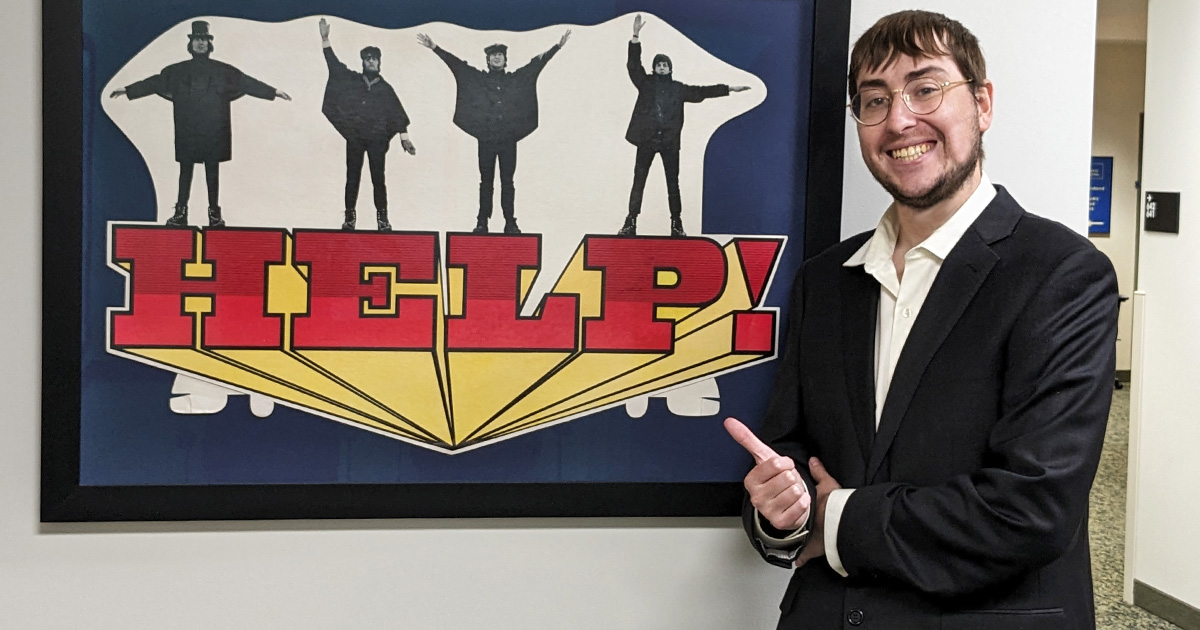
TEACHING IS LEARNING
“Teaching is also learning,” stated Lewis. “I believe the legal profession works better when everyone is bringing their A game. I want someone on the other side of the counsel table to be sharp. Everyone should take pride in their craft.”
Now that Lewis is looking to a future beyond law school, he’s looking at many options, but wants experience before deciding his next move.
“I think one day I’d like to open my own law firm. I like the idea of running a business,” shared Lewis. “It would be fun and allow me to make an impact on my community.”
As a Michigander, raised in West Michigan, Lewis plans to stay in Michigan because he appreciates everything the State offers, especially the four seasons. He loves being outdoors, especially, camping, hiking, going to the beach, and being in the water.
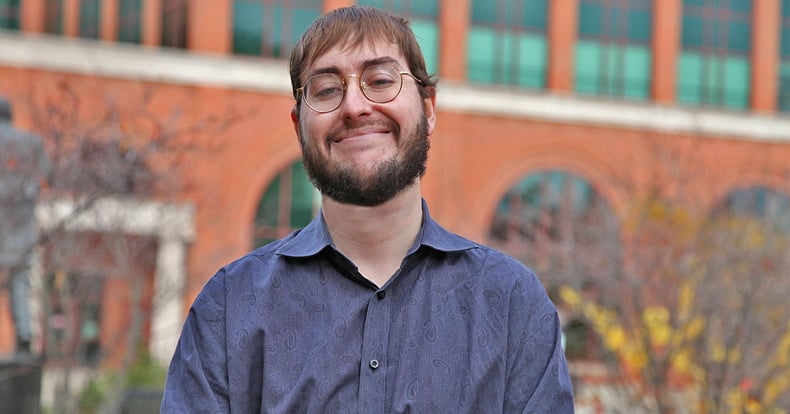
As a Dean's Fellow, Lewis has some practical advice for new students. “You get what you put into it,” he said matter-of-factly. “If you put your blood sweat and tears into your studies, you will do well. There’s no better feeling than knowing you’ve done a thorough job and didn’t leave anything on the table.”
Lewis went on to say that learning how to study is very personal, so it's important to learn early on what works for you. “What works for me may not work for you. Be adaptable as you figure out how your brain works, then stick with it. Once you have your system down, it’s off to the races.”
Lewis believes there are also study approaches that can work for everyone.
“The exam bank is such a good resource because it’s one thing to know the rules and another to apply them. Multiple choice books can be useful. Plus, collaborative studying is always helpful. Just talk to someone. It doesn’t even have to be a lawyer. For instance, before an exam I’ll just call my mom, the only person in my family who’s not a lawyer, and ask her to listen to me explain proximate cause. If she gets it, then I know I get it."

